Your support helps us to tell the story
From reproductive rights to climate change to Big Tech, The Independent is on the ground when the story is developing. Whether it's investigating the financials of Elon Musk's pro-Trump PAC or producing our latest documentary, 'The A Word', which shines a light on the American women fighting for reproductive rights, we know how important it is to parse out the facts from the messaging.
At such a critical moment in US history, we need reporters on the ground. Your donation allows us to keep sending journalists to speak to both sides of the story.
The Independent is trusted by Americans across the entire political spectrum. And unlike many other quality news outlets, we choose not to lock Americans out of our reporting and analysis with paywalls. We believe quality journalism should be available to everyone, paid for by those who can afford it.
Your support makes all the difference.The Conservatives' manifesto says the party wants to scrap the Human Rights Act. David Cameron has appointed Michael Gove, the former education secretary, to be Justice Secretary; this means he'll be responsible for the policy.
How does the Act work?
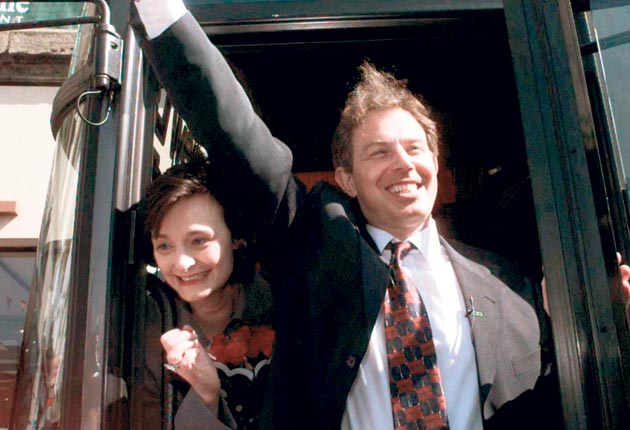
The Human Rights Act is a piece of law, introduced in 1998, that guarantees human rights in Britain. It was introduced as one of the first major reforms of the last Labour government.
In practice, the Act has two main effects. Firstly, it incorporates the rights of the European Convention on Human Rights into domestic British law.
What this means is that if someone has a complaint under human rights law they do not have to go to European courts but can get justice from British courts.
Secondly, it requires all public bodies – not just the central government, but institutions like the police, NHS, and local councils – to abide by these human rights.
Which rights does the Act cover?
The Act covers all the rights included in the European Convention.
These rights are: Right to life, right not to be tortured or subjected to inhumane treatment, right not to be held as a slave, right to liberty and security of the person, right to a fair trial, right not be retrospectively convicted for a crime, right to a private and family life, right to freedom of thought, conscience and religion, right to freedom of expression, right to freedom of assembly and association, right to marriage, right to an effective remedy, right not to be discriminated against, the right to the peaceful enjoyment of one’s property, and the right to an education.
The Act also imposes a duty upon governments to provide free and fair elections.
What is the European Convention on Human Rights?
The European Convention on Human Rights is an agreement that all countries in Europe will respect human rights. It was drawn up in 1950 in the aftermath of the Second World War.
The Convention was spearheaded by Britain and the committee that drew up its final draft was chaired by British Conservative MP Sir David Maxwell-Fyfe. The UK was a founding signatory and ratified the Convention in March 1951.
Different countries implement the Convention in different ways. The Human Rights Act is the British way of implementing the convention into domestic law.
Even if countries haven’t implemented the Convention’s rights domestically, citizens can go to the European Court of Human Rights as Strasbourg which can issue judgements to the Convention’s signatory states. All 47 Council of Europe governments have voluntarily agreed to implement the rulings of the court.
Is this something to do with the European Union?
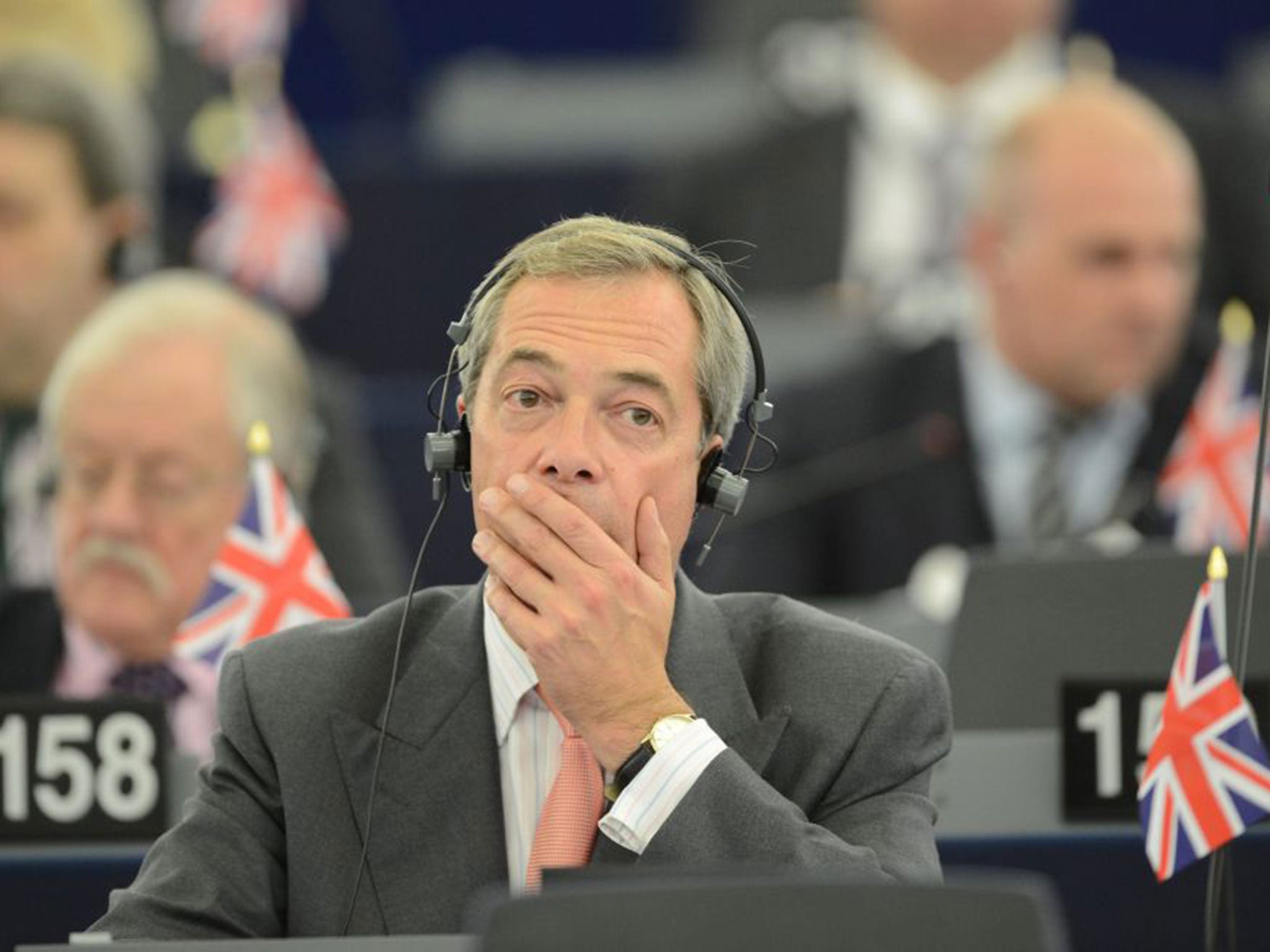
No, the European Convention on Human Rights has nothing to do with the European Union and predates it by decades. Its institutions and courts are completely separate.
Ratification of the convention is a condition of being a member of the European Union, however.
Which countries are members of the European Convention on human Rights?
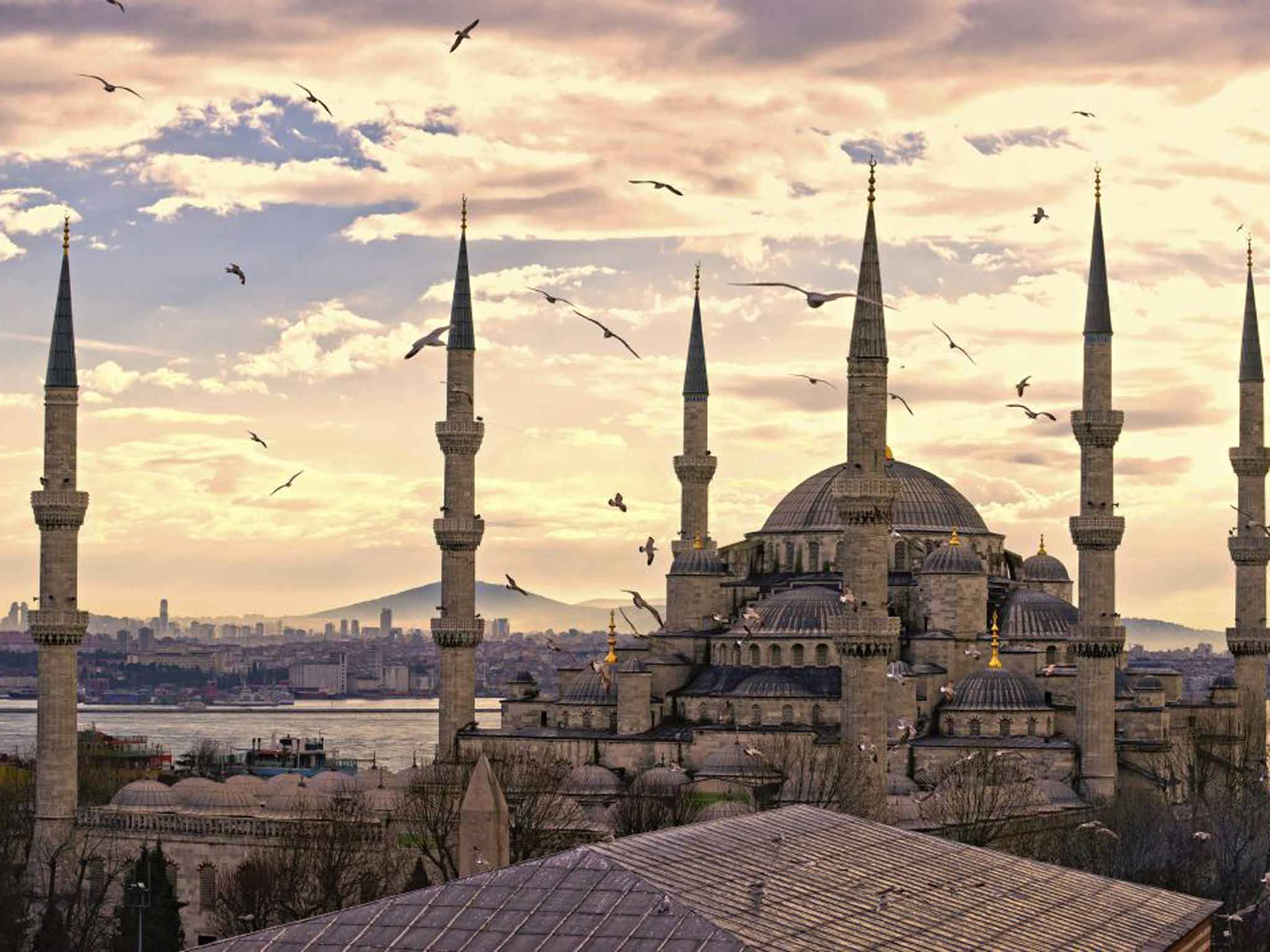
Every European country except Belarus – Europe’s last military dictatorship – is member of the European Convention on Human Rights.
This includes countries on Europe’s periphery like Turkey and Russia. You do not need to be a member of the European Union to sign the convention.
Why do the Conservatives want to end the Human Rights Act?

The Conservatives say in their manifesto that they want to scrap the Human Rights Act. They would replace it with what they call a “British Bill of Rights”.
They say this new bill will ‘break the formal link between British Courts and the European Court of Human Rights’.
In practice, this would likely mean that people who wanted to bring human right cases under the ECHR would have to go to a court in Strasbourg to be heard.
It would significantly slow down such cases and make them more difficult to bring.
It is also not clear whether such a new Bill of Rights would continue the obligation on public authorities that were not central government to uphold human rights.
Do the Conservatives have any other plans for the ECHR?
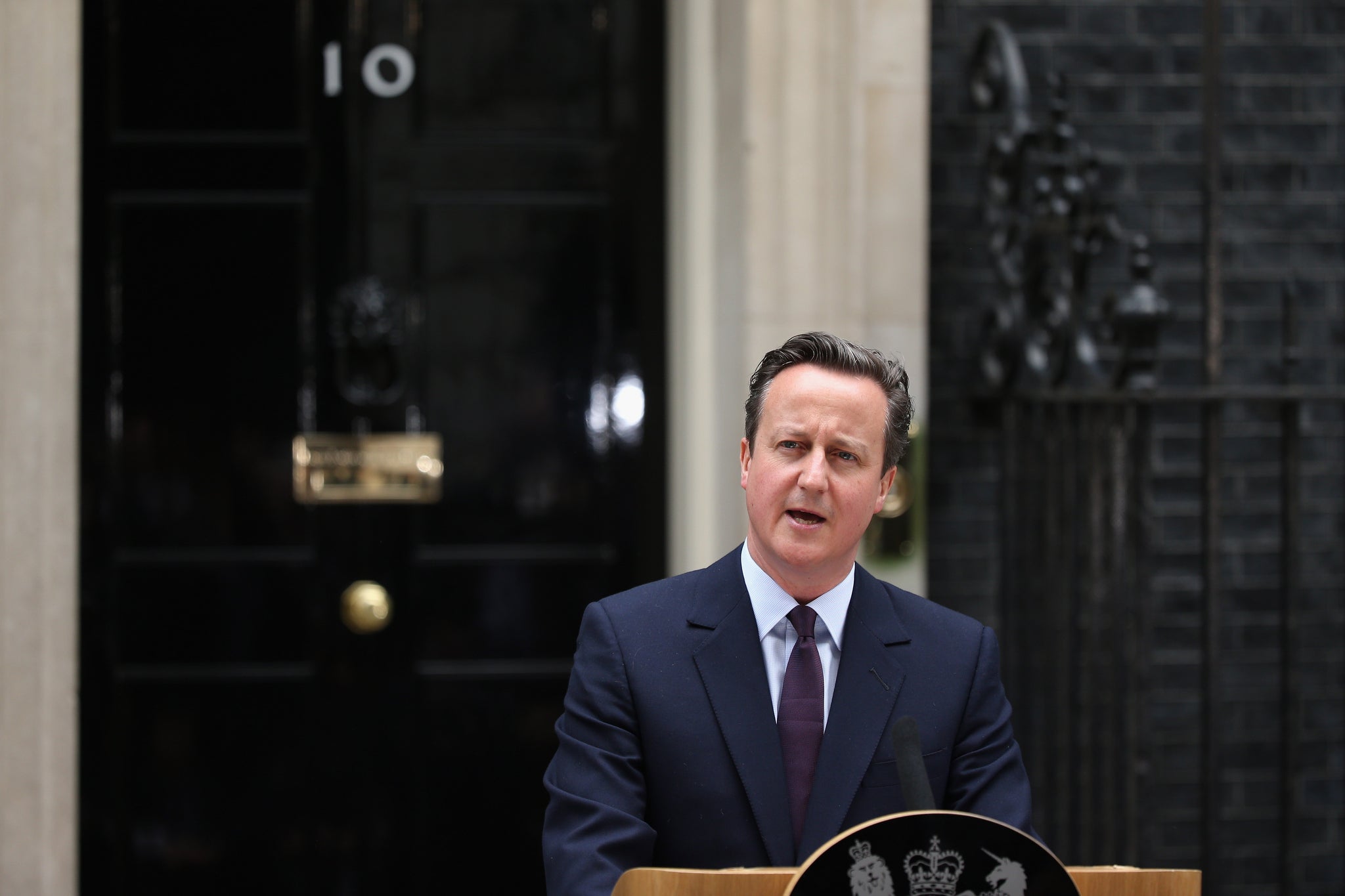
The Home Secretary Theresa May has said Britain could leave the ECHR if British courts were not allowed to overrule the decisions of the Strasbourg court, which ultimately decides ECHR cases.
This is unlikely to be compatible with membership of the ECHR which is based upon the court being the ultimate arbiter.
What’s the political background to this?
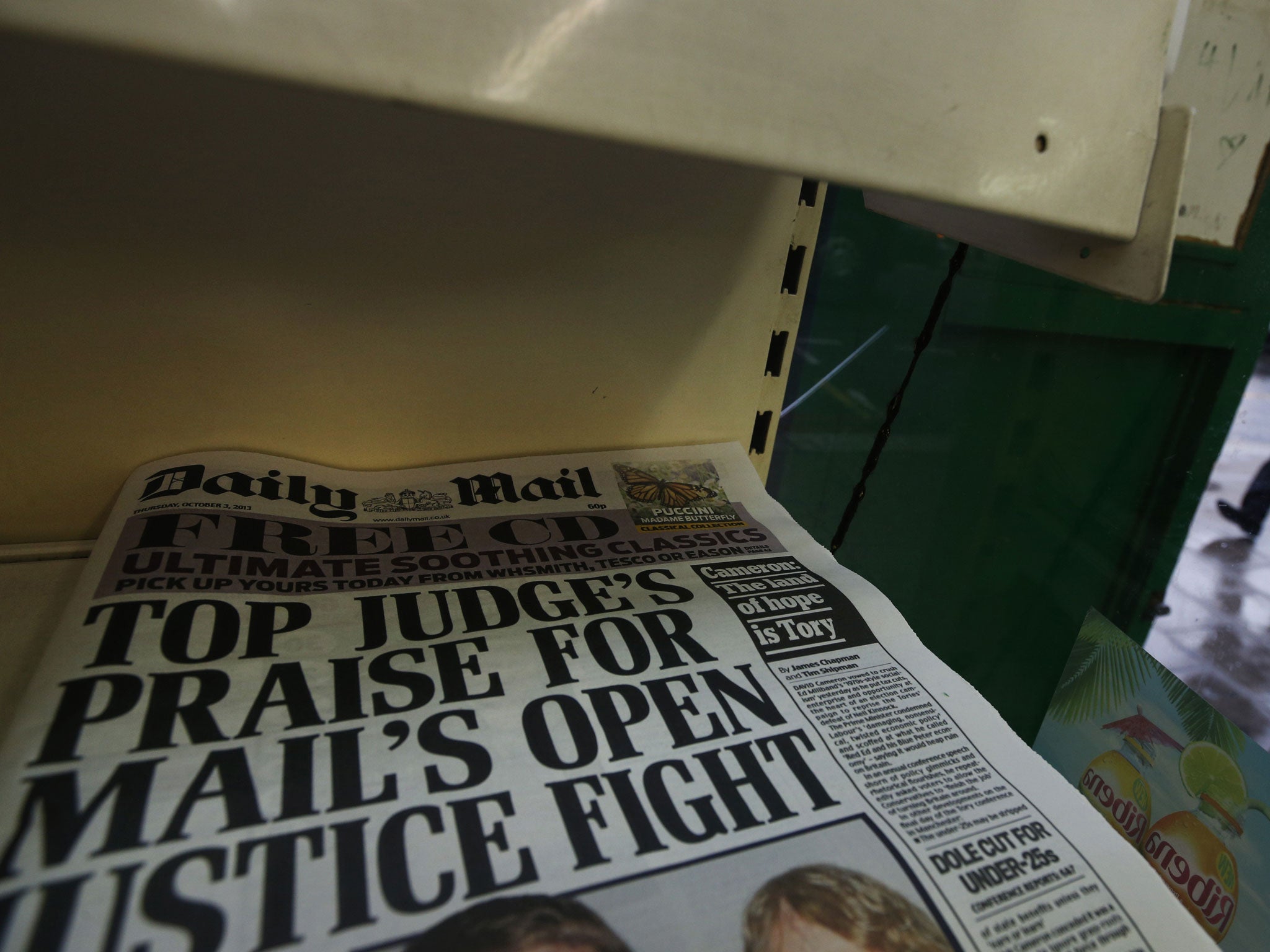
The ECHR has told the government it can’t do various things – such as deport prisoners to countries where torture is routinely used – because such moves breaches human rights.
The Human Rights Act is also subject to a lot of negative reporting in the right-wing press, with regular inaccurate or partial stories about cases brought under the Act.
The Act is also wrongly associated with the European Union by some of its critics, largely because of poor reporting on the issue.
What does Michael Gove think of human rights?
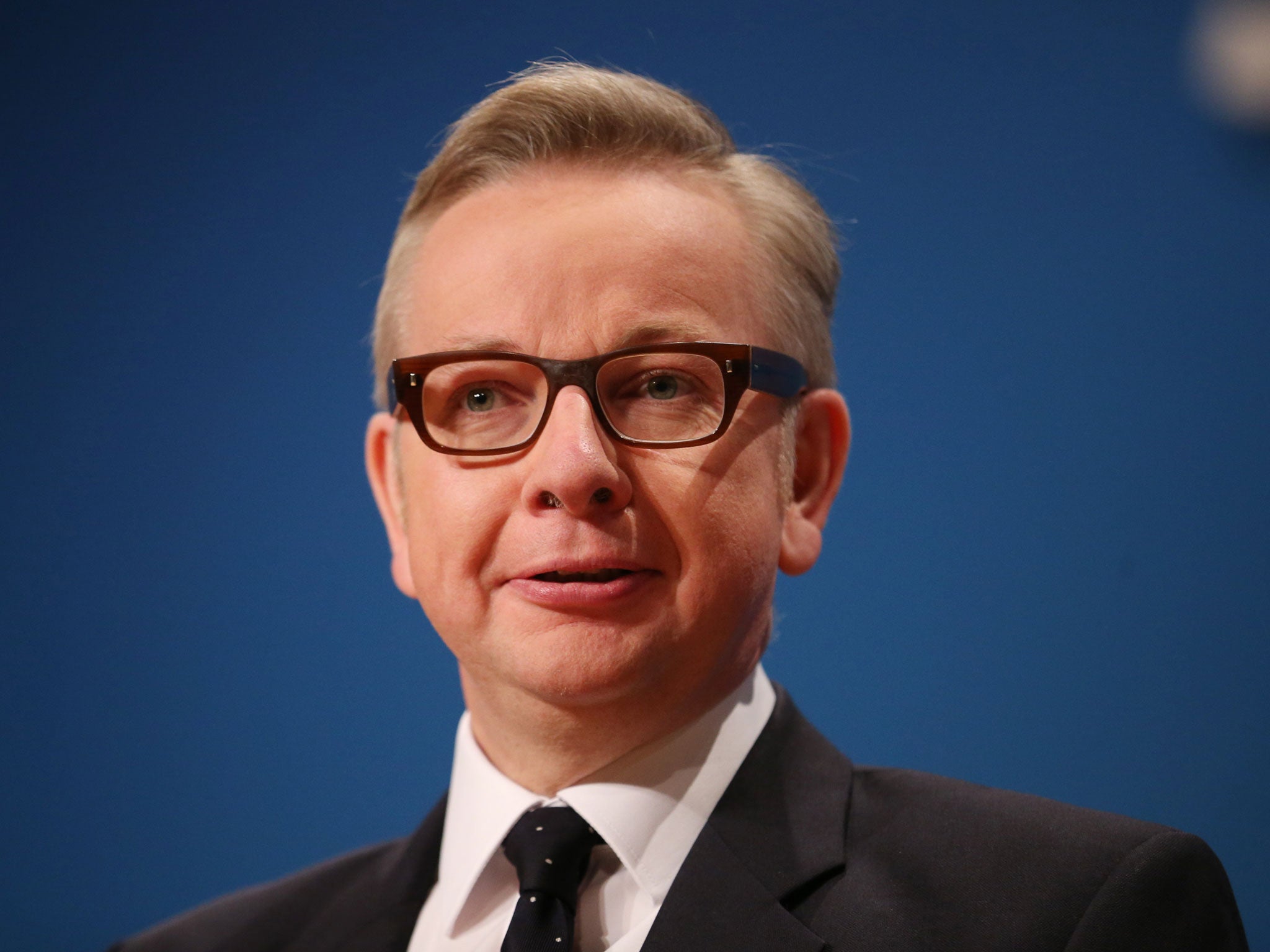
We don't exactly know yet. In 1998, whilst working at The Times, Michael Gove called for the return of hanging - which is against the ECHR. It's not clear whether he still holds this view privately.
Prominent legal blogger Jack of Kent has said Mr Gove is "highly intelligent" and expressed some optimism about his coming tenure. On the other hand, other prominent lawyers have raised concerns about Mr Gove's record. Teachers are largely glad to be rid of him.

Join our commenting forum
Join thought-provoking conversations, follow other Independent readers and see their replies
Comments